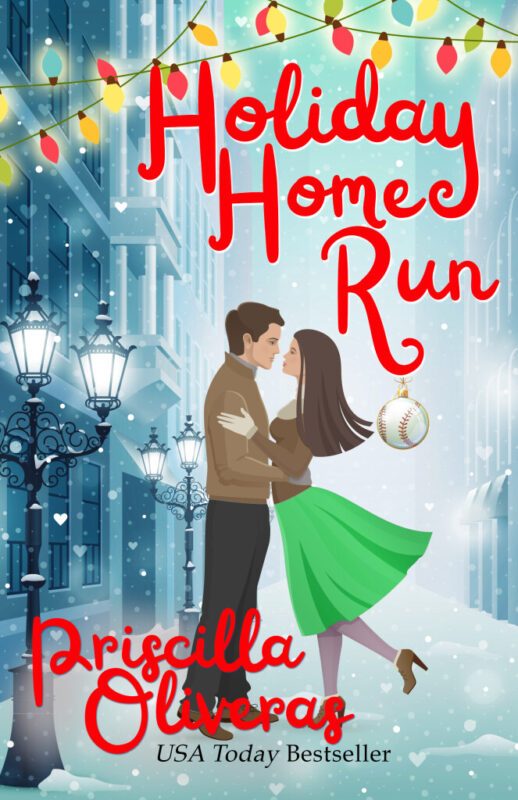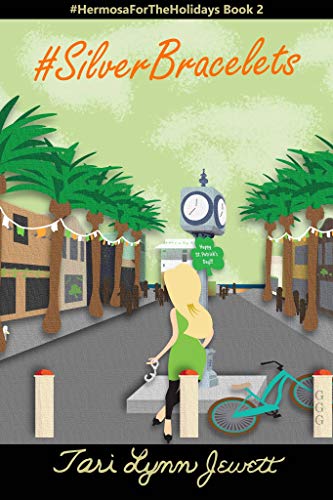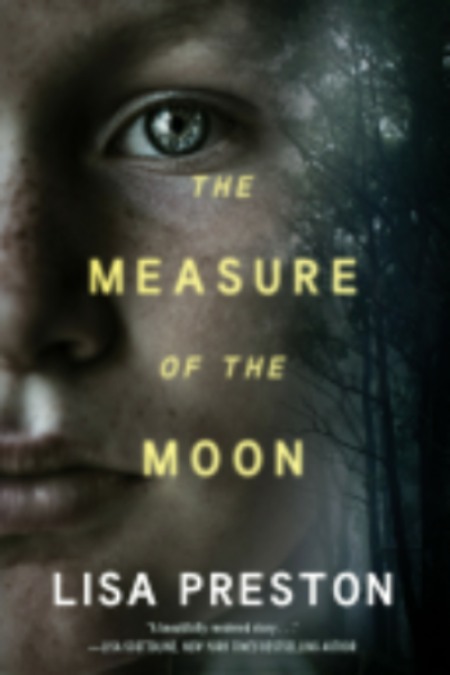
This month on From a Cabin in the Woods we are featuring Submitting Your Work by A. E. Decker
 A. E. Decker is a former ESL tutor, tai chi instructor, and doll-maker. She holds degrees in English and colonial American history. Her Moonfall Mayhem series, chronicling the adventures of a half-vampire girl run amuck in the land of fairytales, is published by World Weaver Press. Her stories have been published in Fireside Magazine, Beneath Ceaseless Skies, and PhobosMagazine, as well as in numerous anthologies. She has been a member of the Bethlehem Writers Group since 2010, and edited two of their anthologies. Like all writers, she is owned by three cats.
A. E. Decker is a former ESL tutor, tai chi instructor, and doll-maker. She holds degrees in English and colonial American history. Her Moonfall Mayhem series, chronicling the adventures of a half-vampire girl run amuck in the land of fairytales, is published by World Weaver Press. Her stories have been published in Fireside Magazine, Beneath Ceaseless Skies, and PhobosMagazine, as well as in numerous anthologies. She has been a member of the Bethlehem Writers Group since 2010, and edited two of their anthologies. Like all writers, she is owned by three cats.
Submitting Your Work
A. E. Decker
I’ve come around to the belief that the real bugaboo of a writer’s world is not that dreaded phantom, writer’s block, nor even learning to take criticism without curling in a ball and weeping.
The very hardest part about being a writer is submitting your work. I’ve watched a lot of friends twist themselves into contortions trying to avoid it. One man I worked with in a critique group refused to hear any recommendations for his perfectly saleable military sci-fi novels, saying “he only wrote for his own enjoyment.” I have one friend who insists she doesn’t know how to write a query letter, and another whose work always needs one more revision before it’s ready to show to an editor. Speaking of query letters, I also know plenty of writers who spend more time agonizing over the perfect writing that will infallibly catch the agent/editor’s eye than they do on the work they’re submitting.
I’m not excusing myself from methods of submission avoidance, either. I have a formula worked out for short story queries, so I can whip them off pretty quickly, but I rarely refrain from dabbling with my work before submitting it, fiddling with a few lines here, adjusting the grammar there, as if these miniscule changes will somehow make all the difference in the editor’s mind. And, as far as novels go, present me with a perfectly good market that requires a summary as part of its conditions, and I’ll find any excuse to procrastinate until the deadline passes rather than think “Hooray! This might be someone who’s actually interested in reading my book.”
Why is submitting so hard? Surely most of us—the man from my critique group aside—write in the hopes of someday having people read our work, and unless we’re ready to go the self-publish route, that means finding someone to represent us.
I think the answer can be summed up in a single word: rejection. Rejection is harsh. The mere term carries many connotations. We equate it with Not Good Enough. “Loser” and “failure” might even drift through our cringing subconsciouses. We envision the editor/agent as some mighty judge on high, handing down the final word on our literary merit.
Of course it’s all nonsense. Editors and agents are as much flesh-and-blood people we are ourselves. People have their own tastes. As much as we all want to write that one great novel that transcends genre and is beloved by all who read it, we have to recognize that it isn’t possible. I personally would have rejected The Great Gatsby, Moby Dick, and anything written by Ernest Hemmingway, if I were an editor, and I bet half of you nodded along with that list, and the other half substituted your own choices.
So, what does this mean, when it comes to dealing with rejections? Am I suggesting that the next time you receive one of those form letters you should shake your fist at the screen, shouting: “You fool! You just turned down the next Herman Melville!”
Actually, yes, if it sounds like fun, and doesn’t scare your cats or members of your family too badly. Because getting a rejection, even a form rejection that tells you nothing of the editor’s true thoughts, means that you submitted. You took a chance. And I can tell you, personally, through the carnage of hundreds of rejection notices, that submitting is mostly a number’s game. It’s not about polishing your writing until it’s “good enough” to be published; it’s about managing to put it in front of a person whose taste matches your style.
Think about it: you only really have to appeal to one person, so long as it’s a person with the ability to publish you. Suddenly, the eighteen varying opinions in your writers’ group don’t seem so weighty. (That said, if they all agree on an aspect of your work, you likely have a problem.) With this thought in mind, submitting becomes more of a hide-and-seek game, searching out that one agent or editor who thinks your writing is marvelous. Yes, they are out there somewhere. It’s up to you to find them.
So stop fussing with your story or novel, trying to make it “perfect.” Take a breath, make a list of agents or publishers, and get to work. Keep records of who sends you encouraging feedback—they might like your style, if not the piece you sent them. Most importantly, remember submitting isn’t like the lottery; you will win if you just keep playing.
And until then, you can yell at your screen. Just don’t scare your cats.
- About BWG
- Books from BWG
- About Sal
 Sally Paradysz wrote from a book-lined cabin in the woods beside the home she built from scratch. She was an ordained minister of the Assembly of the Word, founded in 1975. For two decades, she provided spiritual counseling and ministerial assistance. Sal completed undergraduate and graduate courses in business and journalism. She took courses at NOVA, and served as a hotline, hospital, and police interview volunteer in Bucks County, PA. She was definitely owned by her two Maine Coon cats, Kiva and Kodi.
Sally Paradysz wrote from a book-lined cabin in the woods beside the home she built from scratch. She was an ordained minister of the Assembly of the Word, founded in 1975. For two decades, she provided spiritual counseling and ministerial assistance. Sal completed undergraduate and graduate courses in business and journalism. She took courses at NOVA, and served as a hotline, hospital, and police interview volunteer in Bucks County, PA. She was definitely owned by her two Maine Coon cats, Kiva and Kodi.
Sal is missed by all who knew her.

Related
Affiliate Links
A Slice of Orange is an affiliate with some of the booksellers listed on this website, including Barnes & Nobel, Books A Million, iBooks, Kobo, and Smashwords. This means A Slice of Orange may earn a small advertising fee from sales made through the links used on this website. There are reminders of these affiliate links on the pages for individual books.
Search A Slice of Orange
Find a Column
Archives
Featured Books
HOLIDAY HOME RUN
She’s focused on organizing the best holiday event the youth center has ever seen, not on romance. But Ben…he’s got a game plan for them that includes both.
More info →THE MEASURE OF THE MOON
“If you ever say anything to anyone, they all die.”
More info →Newsletter
Contributing Authors
Search A Slice of Orange
Find a Column
Archives
Authors in the Bookstore
- A. E. Decker
- A. J. Scudiere
- A.J. Sidransky
- A.M. Roark
- Abby Collette
- Alanna Lucus
- Albert Marrin
- Alice Duncan
- Alina K. Field
- Alison Green Myers
- Andi Lawrencovna
- Andrew C Raiford
- Angela Pryce
- Aviva Vaughn
- Barbara Ankrum
- Bethlehem Writers Group, LLC
- Carol L. Wright
- Celeste Barclay
- Christina Alexandra
- Christopher D. Ochs
- Claire Davon
- Claire Naden
- Courtnee Turner Hoyle
- Courtney Annicchiarico
- D. Lieber
- Daniel V. Meier Jr.
- Debra Dixon
- Debra H. Goldstein
- Debra Holland
- Dee Ann Palmer
- Denise M. Colby
- Diane Benefiel
- Diane Sismour
- Dianna Sinovic
- DT Krippene
- E.B. Dawson
- Emilie Dallaire
- Emily Brightwell
- Emily PW Murphy
- Fae Rowen
- Faith L. Justice
- Frances Amati
- Geralyn Corcillo
- Glynnis Campbell
- Greg Jolley
- H. O. Charles
- Jaclyn Roché
- Jacqueline Diamond
- Janet Lynn and Will Zeilinger
- Jaya Mehta
- Jeannine Atkins
- Jeff Baird
- Jenna Barwin
- Jenne Kern
- Jennifer D. Bokal
- Jennifer Lyon
- Jerome W. McFadden
- Jill Piscitello
- Jina Bacarr
- Jo A. Hiestand
- Jodi Bogert
- Jolina Petersheim
- Jonathan Maberry
- Joy Allyson
- Judy Duarte
- Justin Murphy
- Justine Davis
- Kat Martin
- Kidd Wadsworth
- Kitty Bucholtz
- Kristy Tate
- Larry Deibert
- Larry Hamilton
- Laura Drake
- Laurie Stevens
- Leslie Knowles
- Li-Ying Lundquist
- Linda Carroll-Bradd
- Linda Lappin
- Linda McLaughlin
- Linda O. Johnston
- Lisa Preston
- Lolo Paige
- Loran Holt
- Lynette M. Burrows
- Lyssa Kay Adams
- Madeline Ash
- Margarita Engle
- Marguerite Quantaine
- Marianne H. Donley
- Mary Castillo
- Maureen Klovers
- Megan Haskell
- Melanie Waterbury
- Melisa Rivero
- Melissa Chambers
- Melodie Winawer
- Meriam Wilhelm
- Mikel J. Wilson
- Mindy Neff
- Monica McCabe
- Nancy Brashear
- Neetu Malik
- Nikki Prince
- Once Upon Anthologies
- Paula Gail Benson
- Penny Reid
- Peter J Barbour
- Priscilla Oliveras
- R. H. Kohno
- Rachel Hailey
- Ralph Hieb
- Ramcy Diek
- Ransom Stephens
- Rebecca Forster
- Renae Wrich
- Roxy Matthews
- Ryder Hunte Clancy
- Sally Paradysz
- Sheila Colón-Bagley
- Simone de Muñoz
- Sophie Barnes
- Susan Kaye Quinn
- Susan Lynn Meyer
- Susan Squires
- T. D. Fox
- Tara C. Allred
- Tara Lain
- Tari Lynn Jewett
- Terri Osburn
- Tracy Reed
- Vera Jane Cook
- Vicki Crum
- Writing Something Romantic
Affiliate Links
A Slice of Orange is an affiliate with some of the booksellers listed on this website, including Barnes & Nobel, Books A Million, iBooks, Kobo, and Smashwords. This means A Slice of Orange may earn a small advertising fee from sales made through the links used on this website. There are reminders of these affiliate links on the pages for individual books.












































































Thanks for the encouraging words and cheering us on. Ra, ra ra!
Good advice, Ann. I may be one of those people who is hesitant to send my work out to new publishers and prefer to stick with the journals and magazines that have already published my poetry, which also can be limiting. I think, quite often, the fear of rejection prevents us from submitting. I know I struggled with that for a while, though I think I have become bolder about that lately. Thanks for nudging us to submit!
Well said! I swear sometimes there’s an invisible dome over the send button. The closet I am to the story, the harder the shield.
Yes, a good reminder, Ann. I need to sit down with my stack of short stories and start submitting!
A great reminder on not letting the query process let you down. Thanks Ann.